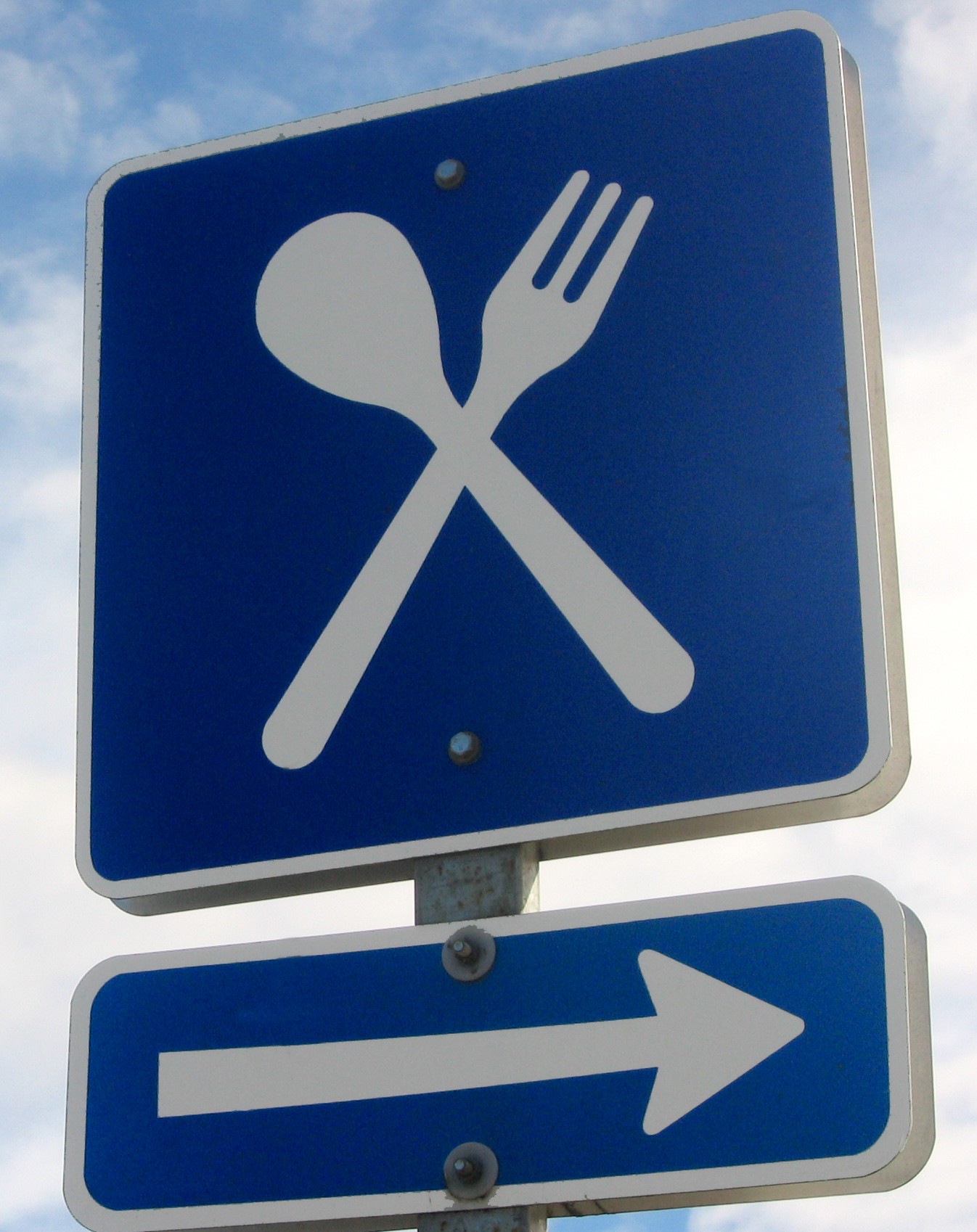Thank you for joining the Partners in Health and Wholeness Book Club. Through it, we hope to engage people of faith in discussions over why our health matters. Our first choice of reading will come from the free “Eating Well” NC Council of Churches Food Curriculum. We will be posting updates through the PHW Facebook page, but our PHW blog page will have the discussion posts in full.
These discussions are meant to be engaging according to the time that you have. We encourage honest, respectful, and non-condemning dialogue. We want to create a safe environment for people to explore what could be negative perceptions about food, or overwhelmingly positive ones. Our goal is to highlight the complexities of food, and why people of faith should care. Please remember that we come from different heritages where one culture may value a particular food and another may not. We want you to be honest, but please be careful with how you frame your commentary. For example, instead of saying, “Spam is gross” consider writing, “Spam is not a food choice of mine.”
Feel free to check back in to read, comment, and offer your perspective throughout the next weeks of exploring this curriculum. You can expect a new post to go up every Thursday. Thanks and enjoy!
Excerpted from the curriculum:
Everyone eats.
Our relationship with food is as simple – and as complex – as that. Every living thing is dependent on nutrition, which makes food an incredibly valuable resource. And how we get it, who gets enough of it, and the choices we make around it become critical social justice issues.
For people of faith, food has incredible symbolic meanings. It is the stuff of miracles, of punishment, a symbol of welcome and the generosity of the Creator. For Christians, reenacting the Last Supper is one of our most sacred rituals of our faith.
And so, we have developed “Eating Well: For Ourselves, For Our Neighbors, For Our Planet” from a faith perspective, recognizing both the spiritual nature of the shared meal together as well as the broader implications of what is placed on our tables. As sisters and brothers in Christ, we are called to be good neighbors to each other, good stewards of creation, and good caretakers of the body God has given us. Our relationship with food touches our relationship with just about everyone and everything else.
Let’s explore it together.
Please read the introduction of the “Eating Well” NC Council of Churches Curriculum. To request a loaned copy of “Nourish” for your congregation please email Allison Reeves Jolley: allison@ncipl.org.
Discussion Prompts (feel free to create your own prompts or to respond to one or more of these):
1) Can you describe your earliest memory of food?
2) When you think about food, what do you think about? Whether its negative or positive, please share.
–Joy Williams, PHW Regional Consultant
Partners in Health and Wholeness is an initiative of the North Carolina Council of Churches. PHW aims to connect health as a faith issue. Please visit our website to sign your personal pledge to be healthier, and to find out about grant opportunities for churches in NC. Continue to stay connected with PHW by liking us on Facebook.

